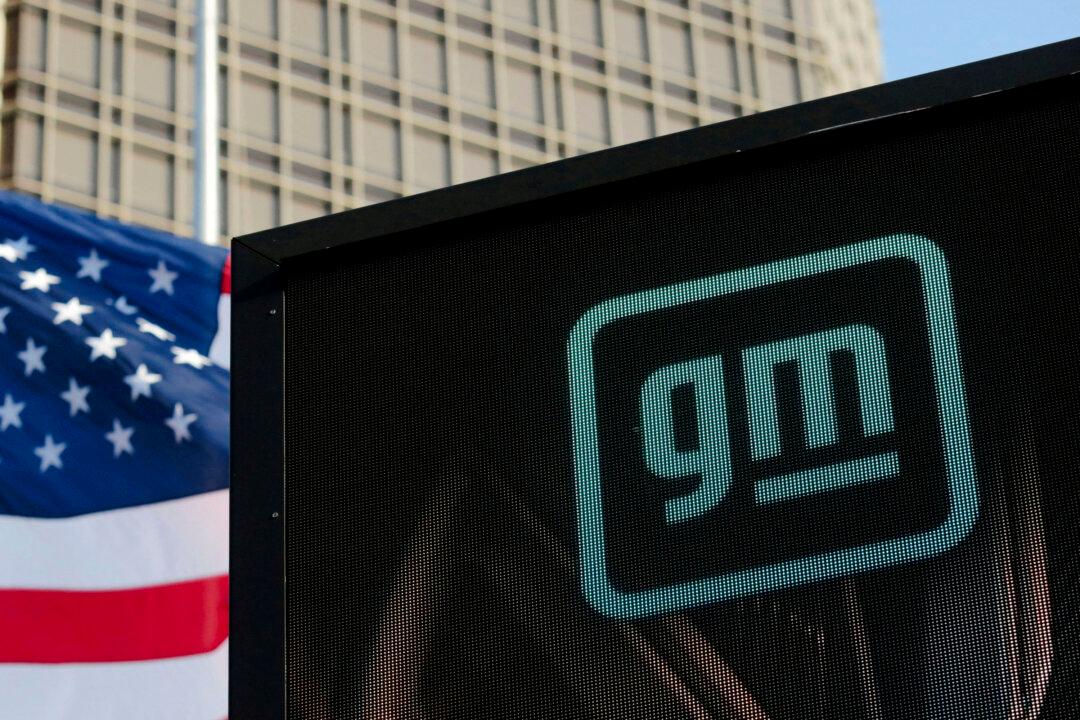The U.S. Federal Trade Commission (FTC) is seeking to prohibit General Motors (GM) from selling driver data to third parties as part of a settlement agreement following allegations the company sold the data without user permission.
The FTC alleged that GM “collected, used, and sold drivers’ precise geolocation data and driving behavior information from millions of vehicles—data that can be used to set insurance rates—without adequately notifying consumers and obtaining their affirmative consent,” said a Jan. 16 statement from the agency.





